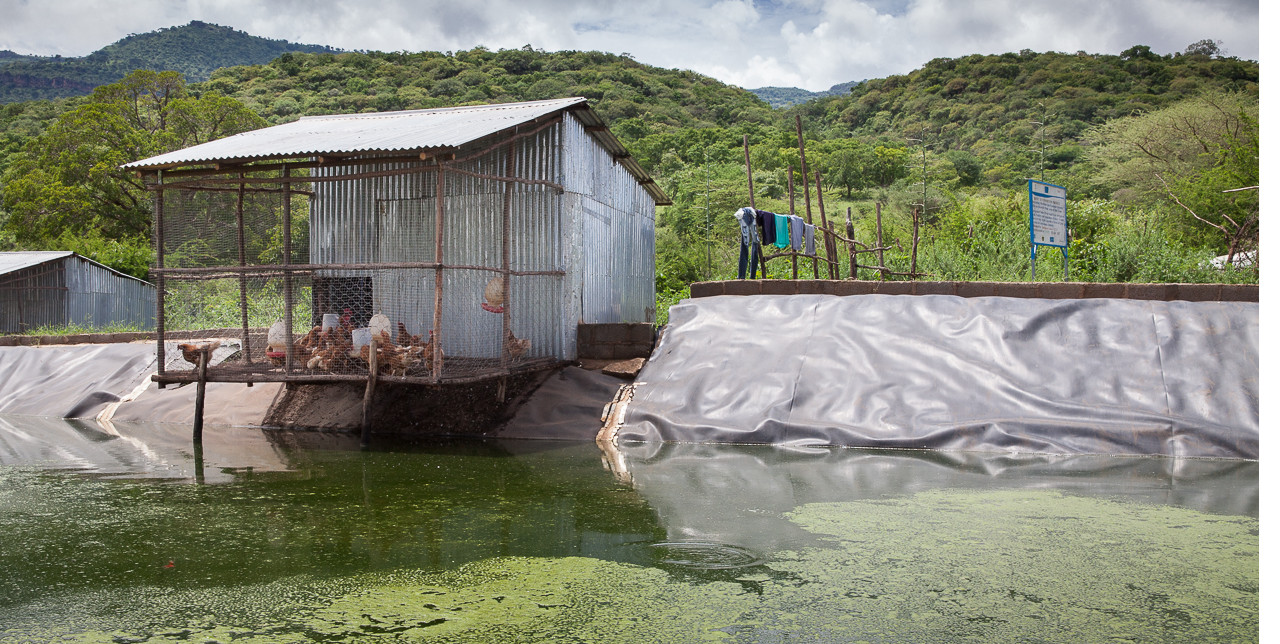02-05-2019 | di COOPI
Ethiopia: photovoltaic, beekeeping and aquaculture in Afar
Renewable energy, beekeeping and aquaculture will be our key activities to strengthen the resilience of communities in Afar, in north-eastern Ethiopia, and reduce the impact of the drought that keeps hitting this area since 2014.
Our "Integrated approach to strengthen the resilience of drought-affected populations in zones 1, 2 and 5 of the Afar Region" 14-month project i s financed by AICS and led in consortium with the Lay Volunteers International Association (LVIA). It started in October 2018 and aims to support about 48,000 people, by tackling Water and Sanitation and Food security.
As for the Water and Sanitation sector, there are two main project activities which are extremely crucial, both in terms of the number of beneficiaries involved and the positive environmental and economic impact:
- installation of solar panels at the four sites where pumps are currently installed, which will allow the beneficiaries to save fuel and improve their pumping systems;
- waste management system development, which will allow to recycle plastic in a more sustainable and less harmful way for both the environment and the population.
Livestock farming and agriculture are two of the main activities the Ethiopian population relies on and they are now on the verge of collapsing - we therefore need to take action to ensure food security for these families.
As regards the Food security sector, instead, we are contributing to promote two main activities: beekeeping and aquaculture.
Beekeeping has great potential, but is sometimes weakened due to unskilled labour, inadequate equipment and underdeveloped programmes. To promote this favourable activity, we will be distributing hives and organising training sessions on beekeeping techniques for farmers.
Aquaculture is another useful resource - although it is not fully known by the beneficiaries and could be challenging, it would promote a diversified diet and provide families with an additional source of income. To tackle water shortages, we will rehabilitate water schemes, so that beneficiaries will be able use clean and safe water for food preparation, thus reducing water-related diseases.
As Uberto Pedeferri, COOPI Area Manager of Ethiopia points out: "These activities will boost the production of vegetables, fruits and fish, thus completing the diet of pastoral communities and contributing to less rely on humanitarian aid for food distribution."
Since 1995, COOPI intervention in Ethiopia in the water and food security sectors has contributed to increase the resilience of the local population, who are exposed to recurrent natural disasters and have to deal with frequent emergencies.
Photo credits: Coralie Maneri




 Ethiopia
Ethiopia